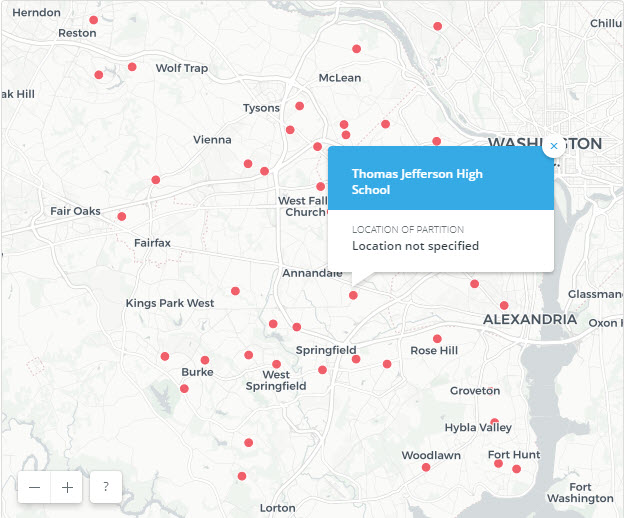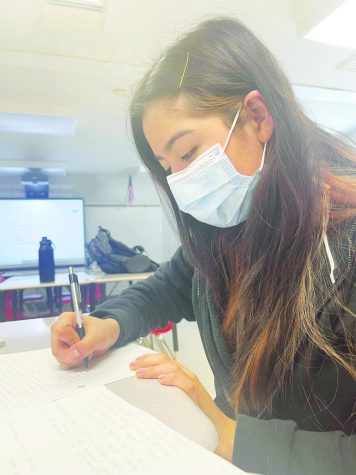Teacher’s family proposes legislation
Partition walls in schools pose safety risk to children
There are hundreds of electronic partitions located in schools all across Fairfax County including schools with close proximity to AHS such as North Springfield and Thomas Jefferson.
The family of Wesley Lipicky, the nine-year-old boy who died when a partition at Franconia Elementary School crushed him last May, is taking action to prevent another tragedy from taking place.
Lipicky was in the gym at the school when a motorized room partition was opened. Lipicky was caught between the partition and a wall and suffered serious traumatic head injuries and passed away later at a hospital the same night.
Wesley is the son of Adapted Physical Education teacher Amy Lipicky.
The language of bill states that it prohibits school employees from opening or closing an electronic room partition in any school building except under certain limited circumstances.
HB 1753, the bill introduced in the Virginia House of Delegates by Del. Mark Sickles of Fairfax, unanimously passed every committee in the House and then passed the full House vote by a margin of 99-0.
Generally speaking, the legislation requires for extensive training of anyone who is permitted to operate the partitions. Guidelines will be stipulated by the Department of Education.
“The biggest thing in the whole bill is that it will require sensors for the partitions that are non-contact sensing devices,” Sallie Dievendorf, the grandmother of Lipicky said. “That will stop and reverse the operation of any panel if it detects a body between the panel and another approaching panel or the wall.”
Upon the passage of the legislation, in the absence of sensors, partitions can only be operated if there are no children in the building. They can also be operated if the area or door is secured and locked so that students cannot gain entry to the area during the operation.
“I am pleased at this point in the process,” Dievendorf said. “It took a lot of people six months, to get to this point.”
The bill is currently in the Virginia State Senate after unanimously pass ing every House Committee as well as the full floor vote.
In addition, the bill has also unanimously passed one of the committees in the senate and will need to be read a total of three times before it can advance for a full floor vote in the senate. After this, the bill can be signed by the governor which is expected to take place at some point in April as the passage of the bill in the senate is expected.
“I think that this is a huge step in achieving safety with partitions in schools as far as children are involved,” Dievendorf said. “I personally would like to see sensors that would protect operators and adults as well.”
At AHS, there are not any electronic partitions, but rather only manual ones. However, schools near AHS such as North Springfield Elementary School and Thomas Jefferson High School for Science and Technology. There are hundreds of more partitions present around the rest of FCPS.
Once the bill is signed into law, individual school districts must to choose between purchasing sensors or only operating partitions when there is absolutely no way there could be children in the locked area.
“It was easy, ultimately, to have the bill passed with the choices that were available,” Dievendorf said. “Children will be protected and that was my goal.”

Senior Jude Nanaw is the current Co-Editor in Chief of The A-Blast. He has been on staff for four years where in previous years he has held the positions...












